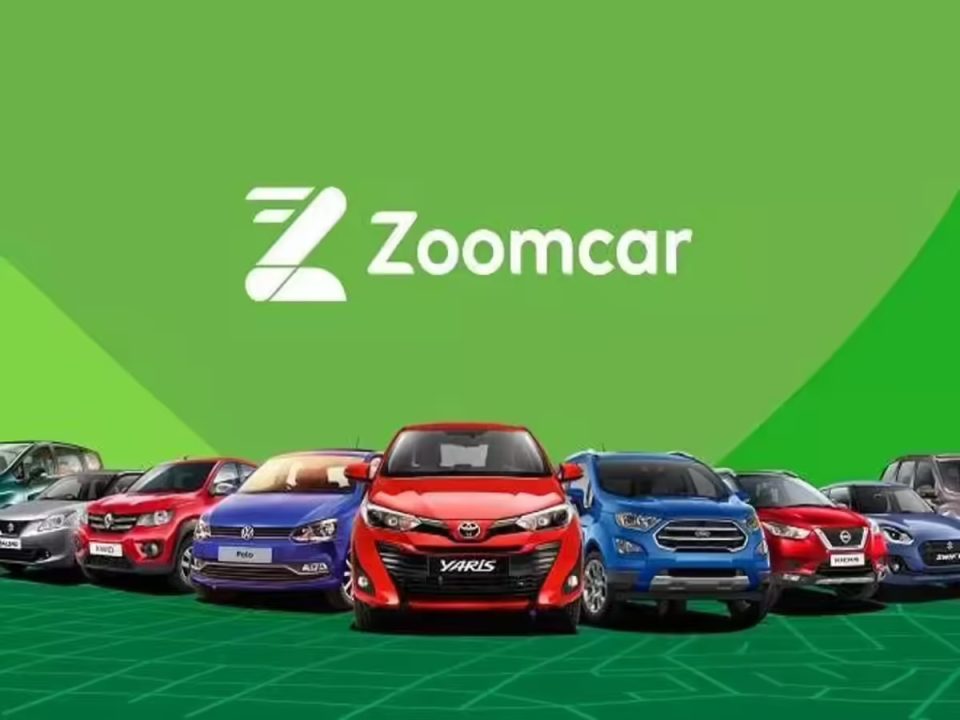Zoomcar Holdings, Inc. (OTCQX: ZCAR), a major player in India’s peer-to-peer car-sharing market, reported substantial financial improvements for its fiscal year ended March 31, 2025. The company posted a record contribution profit of $4.25 million, which represents 47% of its revenue, reversing a contribution loss of nearly $1 million the previous year. This marks the sixth consecutive quarter of positive contribution profit, signaling a notable shift in the company’s financial trajectory.
The growth in contribution profit per booking was particularly striking, rising to $9.96 from a negative $2.52 in FY24. This improvement reflects Zoomcar’s focus on enhancing the core economics of each transaction on its platform, which connects individual vehicle owners (Hosts) with users (Guests) seeking self-drive rentals.
Bookings on the platform grew 10% year-over-year, increasing from 387,821 in FY24 to 426,788 in FY25. More importantly, the repeat user rate nearly doubled, rising 86% to 13% of all users compared to 7% the previous year. This suggests that customers are returning more frequently, likely due to product improvements and loyalty programs implemented by the company.
Zoomcar also made significant strides in cost management. The cost of revenue was cut almost in half, from $10.33 million to $5.30 million, driven by operational efficiencies and dynamic pricing strategies. Marketing expenses fell sharply by 75%, while general and administrative costs dropped by 43%, and technology-related expenses declined by 32%. Overall, total costs and expenses were reduced by 53%, from $41.57 million to $19.51 million. These cost savings helped improve unit economics and reduced cash burn, although the company still reported an adjusted EBITDA loss of $9.91 million, an improvement of 44% compared to the prior year’s $17.85 million loss.
Operating losses narrowed significantly as well, decreasing by 67% from $31.67 million in FY24 to $10.40 million in FY25. This reduction in losses reflects the combined effect of higher contribution profits and disciplined expense management.
Customer experience metrics also improved. The average guest trip rating rose from 4.16 to 4.70, indicating higher satisfaction. Additionally, the share of high-quality cars on the platform, defined as those rated 4.5 or above, increased by 58% to 49% of the fleet, up from 31% the previous year. This focus on vehicle quality supports better guest experiences and likely contributes to the higher repeat usage.
Operationally, Zoomcar has introduced advanced vehicle inspection and GPS safety protocols in partnership with a leading ecosystem player, aiming to improve transparency and trust in host vehicles. The company is also preparing to launch new business-to-business tools to help fleet operators manage and expand their inventory on the platform. Early adoption of AI-driven support and fraud detection technologies has enhanced platform efficiency and guest confidence, setting the stage for future growth based on technology and quality improvements.
Despite these gains, Zoomcar continues to operate at a loss on an adjusted EBITDA basis, and its operating loss, while substantially reduced, remains significant. The steep cuts in marketing spending, while improving profitability, may impact future growth momentum if not balanced carefully.
Deepankar Tiwari, CEO of Zoomcar, highlighted the importance of marketplace fundamentals in driving this turnaround. He pointed to improvements in guest repeat behavior and host retention as key to scaling the business sustainably. The company remains focused on enhancing the customer experience and leveraging technology to create value for both guests and hosts1.
Founded in 2013 and headquartered in Bengaluru, Zoomcar is India’s largest peer-to-peer car-sharing marketplace. Its digital platform enables vehicle owners to rent out their cars to users seeking flexible, self-drive options. The company’s mission centers on promoting smarter, shared mobility that is economically empowering and environmentally sustainable.
While Zoomcar’s progress in FY25 is encouraging, the company’s path to profitability will depend on maintaining growth in bookings and repeat users, continuing to improve operational efficiency, and carefully managing costs, especially marketing spend.

